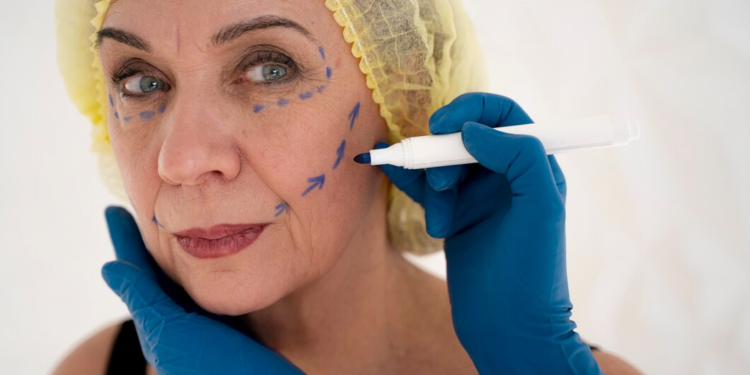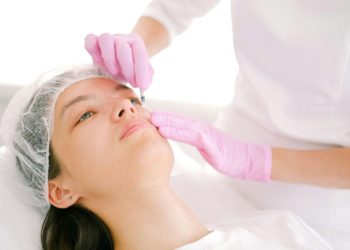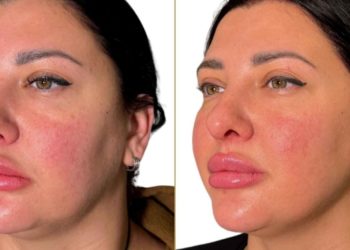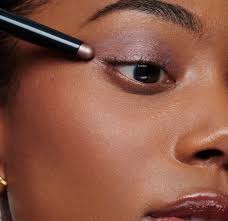Introduction
Facial cosmetic surgery, including procedures like a nose job in London, is a transformative experience for many people, aimed at enhancing or rejuvenating facial features. Whether it’s to correct a feature, reduce signs of ageing, or achieve a more harmonious look, understanding what to expect can make the process smoother and more predictable.
Pre-Surgery Preparation
Consultation and Evaluation
Your journey begins with a detailed consultation with a qualified cosmetic surgeon. This is where you’ll discuss your goals, medical history, and any concerns you might have. The surgeon will evaluate your facial structure and suggest suitable procedures tailored to your needs.
Understanding the Procedure
It’s crucial to have a clear understanding of the procedure you’re about to undergo. Your surgeon will explain the steps involved, including how they will be performed and what you can expect in terms of results.
Pre-Surgery Instructions
Before the surgery, you’ll receive a set of instructions to prepare your body. This may include dietary restrictions, medications to avoid, and guidelines on what to do on the day of the surgery.
Choosing the Right Surgeon
Selecting a board-certified and experienced cosmetic surgeon is vital. Look for reviews, before-and-after photos, and ensure they have a good track record in performing the procedure you are interested in.
During the Surgery
What to Expect on the Day of Surgery
On the day of your surgery, you’ll arrive at the surgical facility where you’ll be prepped for the procedure. This includes changing into a surgical gown and having your vitals checked.
Anesthesia and Sedation
Facial cosmetic surgeries are usually performed under general anaesthesia, although some procedures may use local anaesthesia with sedation. Your anesthesiologist will ensure you are comfortable and asleep throughout the surgery.
The Surgical Procedure
The surgery itself will vary based on the type of procedure. It might involve incisions, the repositioning of tissues, or the use of implants. Your surgeon will make sure to keep you informed about the progress of the surgery.
Post-Surgery Experience
Immediate Aftercare
After the surgery, you’ll be moved to a recovery area where medical staff will monitor you as you wake up from anaesthesia. You might experience grogginess, but this is normal.
Pain and Discomfort Management
Pain and discomfort are expected post-surgery. Your surgeon will prescribe pain medication to help manage this. Ice packs can also help reduce swelling and ease discomfort.
Initial Recovery Period
The first few days are crucial for your recovery. Rest is essential, and you’ll need to follow specific care instructions, including how to clean your wounds and manage any drains or bandages.
Recovery and Healing
What to Expect in the First Week
The initial week post-surgery involves significant swelling and bruising. It’s essential to keep your head elevated and follow all post-operative care instructions. You may also need to take time off work or avoid social activities.
Swelling and Bruising
Swelling and bruising are common after facial surgery. These symptoms typically peak within the first 48 hours and then gradually improve. Applying cold compresses and keeping your head elevated can help reduce these effects.
Follow-Up Appointments
Regular follow-up appointments with your surgeon are crucial to monitor your healing process. During these visits, your surgeon will check your progress and address any concerns you might have.
Long-Term Healing Process
Full recovery can take several months. Your final results will become more apparent as swelling subsides and your skin adjusts. Be patient and continue to follow your surgeon’s advice for the best outcome.
Managing Expectations
Realistic Outcomes
While cosmetic surgery can achieve significant improvements, it’s important to have realistic expectations. Discuss your goals openly with your surgeon to ensure you understand what can be achieved.
Understanding Potential Risks and Complications
All surgeries carry risks. Your surgeon will explain potential complications, such as infection or scarring, and how they will be managed. Being informed helps in making the best decisions for your health.
How to Handle Emotional Changes
It’s normal to experience a range of emotions after surgery. Support from friends, family, or a counsellor can be beneficial during this period of adjustment.
Lifestyle Adjustments
Dietary Recommendations
A balanced diet can aid in faster recovery. Incorporate plenty of fruits, vegetables, and lean proteins into your meals to support healing and overall health.
Activity Restrictions
Avoid strenuous activities and heavy lifting as advised by your surgeon. Gentle activities like walking are encouraged to promote circulation and recovery.
Skincare and Maintenance
Following proper skincare routines will help in healing and maintaining the results. Use gentle cleansers and avoid harsh products that could irritate the skin.
Tips for a Smooth Recovery
Helpful Products and Techniques
Utilise recommended products such as silicone gels or ointments to aid in scar healing. Gentle facial massages can also help in reducing swelling and promoting circulation.
When to Seek Medical Advice
If you notice any unusual symptoms such as severe pain, excessive bleeding, or signs of infection, contact your surgeon immediately. Prompt attention can prevent complications.
Support Systems
Having a support system in place, whether it’s family, friends, or a professional, can help you navigate the recovery period more comfortably.
Conclusion
Facial cosmetic surgery in London can be a rewarding experience, leading to enhanced confidence and satisfaction with your appearance. By understanding what to expect during and after the procedure, you can better prepare yourself for a smooth recovery and optimal results.


![7 Best POS Software in the UK [2026 Edition]](https://todaynews.co.uk/wp-content/uploads/2026/02/7-Best-POS-Software-in-the-UK-2026-Edition-360x180.png)








































































